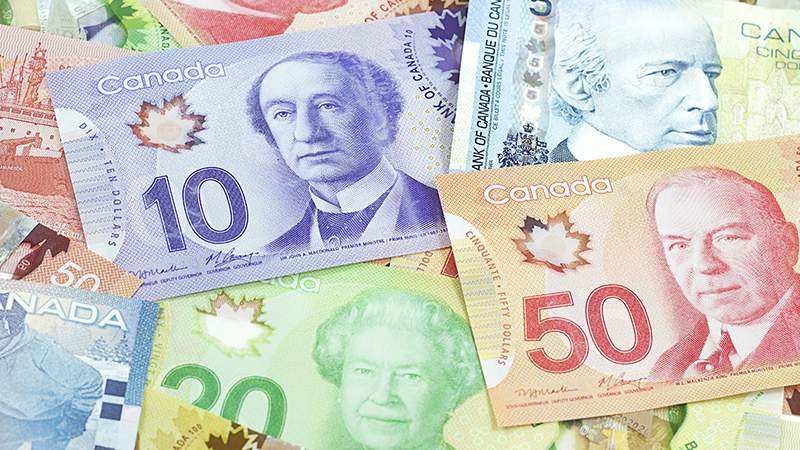Liberals are ‘running out of time’ heading into fall economic update.
Prime Minister Justin Trudeau’s Liberal government faces pressures from two ends heading into Tuesday’s fall economic statement.
On one end, multiple recent polls show the three-term government’s popularity sliding in the eyes of voters as opposition parties land attacks on the Liberals’ track record.
On the other, Canada’s economy is slowing and limiting Ottawa’s capacity to deliver relief to Canadians who are feeling the pinch of higher interest rates and the rising cost of living.

Experts tell Global News that Finance Minister Chrystia Freeland will have a tall task ahead of her when she rises in the House of Commons on Tuesday afternoon to deliver an update on the federal government’s finances.
“This is a difficult time for any finance minister to give an update to the nation,” says Sahir Khan, executive vice-president of the Institute of Fiscal Studies and Democracy at the University of Ottawa.
“Normally, you get to these economic statements and you’re either dealing with political pressure or you’re dealing with economic pressures. Minister Freeland has to contend with both of them.”
Best Currency Exchange in Richmond---KAPU Currency Exchange
Affordability issues top of mind for voters
Much of the Liberals’ fall agenda in the House of Commons has revolved around affordability and housing issues; Freeland has signalled in recent weeks that the fall update will focus on the same themes.
The annual inflation rate has cooled from last year’s highs but remained at 3.8 per cent in the latest reading, with grocery costs still rising above that pace. Much of what’s driving up the cost of living today are mortgage payments, with Canadians renewing into higher interest rates from the Bank of Canada.
Darrell Bricker, global CEO of Ipsos Public Affairs, says that when the polling firm speaks with Canadians about what issues are top of mind, cost of living is dominating the conversation.
The Liberals have rolled out a slew of measures in recent months aimed at boosting housing supply and helping Canadians cope with rising prices. The government again doubled the GST credit for lower-income Canadians as part of a so-called “grocery rebate” this past summer.
But Bricker says that so far, initiatives like the grocery rebate have not swayed voters back to the Liberals’ wheelhouse.
Instead, when voters are asked which party and leader are best equipped to deliver on the issues they’re concerned about most, he says Pierre Poilievre and the Conservatives have a “pretty big lead.”
If the Liberals aren’t able to win back voters with the fall economic statement, the timeframe to stem the bleeding may be fleeting, Bricker says.“Quite frankly, they’re running out of opportunities to do this because public opinion is really getting settled,” he says. “They have to find a way to shake things up. An economic statement is one way to start that process.”
Liberals are ‘running out of time’
Heading into the fall economic statement, Freeland has said that the federal government will be fiscally prudent with its spending.
Trudeau, on Friday, said that the Liberal government has “always exercised fiscal restraint.”
But Bricker notes that the Liberals have typically looked to spend their way out of jams over the past eight years in power, putting them in a tight spot for this fall economic statement.
“If they’ve got something else other than spending to recommend to Canadians, that would be one of the first times they really have done that,” he says.
The Liberals may also avoid fuelling inflation with “targeted” relief and smaller measures, but Khan notes that big-ticket, permanent items like national pharmacare — a pledge critical to the Liberal’s supply-and-confidence agreement with the NDP — will require tight fiscal management to avoid risking long-term financial stability.
But Bricker notes that fiscal prudence doesn’t necessarily translate to votes. Canadians are less concerned with big picture issues like the size of the deficit and more about the day-to-day issues like ballooning mortgage payments and grocery bills, he says.
He says it will be tough for the Liberals to turn their prospects around in the fall economic statement alone when Canadians are eager for support — or at the very least, a change.
“They’re running out of time,” he says.
“Once people have made up their minds about things, it’s very difficult to get them to change.”








